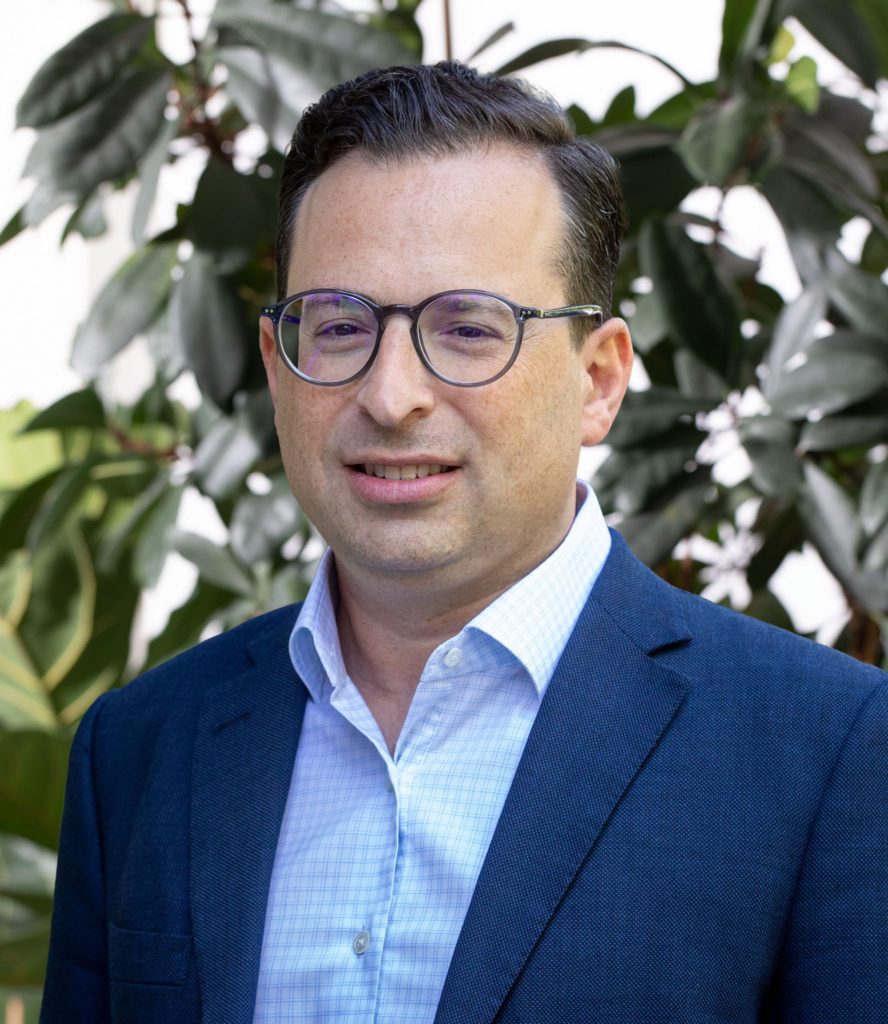Interview with Daniel Lyons, newly appointed Managing Director at IMPROVED
16/06/2022
Corporate News

| IMPROVED is thrilled to have Daniel Lyons on board its global specialist team as Managing Director, operating out of the UK office. An expert in New Mobility and EV charging infrastructure, Daniel brings a powerful and unique perspective, having worked in both buy-side and sell-side M&A roles across the industry. Most recently, Daniel was responsible for investments and M&A in E-mobility at Shell plc., where he led numerous transactions around the world, including the 2021 acquisition of ubitricity. He also has extensive experience in fundraising and corporate venture capital, having spearheaded investments for Shell Ventures in mobility and energy scale-ups such as Revel, Envoy, Masabi and NWG Charging. Prior to his role at Shell, Daniel spent 16 years working in strategic advisory to the Technology, Mobility and Automotive Sectors in roles at Macquarie, EY and Accenture. In addition to his professional activities, Daniel has been a mentor to various promising companies in Mobility and is a regular speaker at industry events. He has a passion for the future of Mobility and how it will enable clean and sustainable living (in cities) around the world. Your recent role at Shell E-mobility spanned M&A, investments and strategy activities. What made you want to shift to advising entrepreneurial teams of high-growth Technology, Energy, and Mobility (TEM) companies? Firstly, my experience at Shell was fantastic – this is a large global company that is addressing the energy transition head-on, investing significant financial and people capital into new business models and technologies. In my role, I had the privilege to meet with and hear from countless innovative companies, many offering a new technology or business to enable or accelerate the journey towards net zero. The sheer breadth of ideas that came across my desk was inspiring – so much so that I wanted to move into a role where I would have the opportunity to support and work closely with even more entrepreneurs and innovators as they grow and make an impact, both commercially and for society. Based on your experience, what are some of the key investment trends in EV charging and mobility, and how do you see the current macro environment affecting these? Electrification of mobility is set to continue at pace as regulatory activity, vehicle OEM investments and wider consumer adoption shows no signs of abating. If anything, rising energy prices has highlighted the benefits of EVs to a wider audience, resulting in greater interest across more markets. So much so that the biggest near-term challenge facing the sector is manufacturing vehicles fast enough to keep up with demand. Another implication is greater need for EV charging infrastructure across residential, commercial, and public settings. At the same time, increasing energy demand and pressure on the grid calls for accelerated adoption of Smart Charing and Energy Management Solutions. These trends will lead to even more deal activity in the segment, as infrastructure owners seek capital for rapid expansion, operators unlock scale economies through consolidation, and strategics seek inorganic means to enter or strengthen their positions. As such, while volatility has become the norm in equity markets, we are seeing continued interest amongst financial and strategic investors in the private markets for high quality assets or companies in this sector. As Managing Director at IMPROVED, what would be your advice to high-growth TEM companies with ambitions to successfully scale internationally and achieve global leadership? Not all companies need to scale internationally to achieve their mission or to deliver a lasting impact. But if global expansion is indeed on the agenda, the best piece of advice I would offer is to make sure you are delivering the fundamentals in your domestic market first. I have heard many pitches from founders looking to expand overseas before they have even identified a path to profitability at home. While in some circumstances, speed-to-market can be critical to secure a competitive advantage while scaling, if expansion comes with uncertainty, the increased burn can be very off-putting for investors. The other piece of advice I would give, is to really highlight to investors that you have a good understanding of the complexities that come with launching in a new market, and that you have plans in place to mitigate these. This is especially true in Mobility and EV charging where regulations, energy market participants, and even consumer behaviours vary significantly from market-to-market. I have seen first-hand where success in one country has been almost impossible to replicate in another. Where I have seen this work well is where a large global strategic has applied its experience and local knowledge to help a relatively small business it acquired launch into new regions. Lastly, from your experience, what should Corporate Finance advisors do better to serve the interest of larger corporates with an inorganic growth agenda? I think it is important for advisors to invest more time to really understand the strategy of larger corporates and their specific motivations for pursuing inorganic growth in each theme or sector. In my last role, I would often have to sit through pitches or ideas from advisors that had little relevance to my objectives. Secondly, advisors should become familiar with and (wherever possible) design a deal process to specifically accommodate the internal activities that a corporate will need to step through. Having been on the buy-side of countless opportunities over the last few years, I look forward to bringing this perspective to the team and ways of working at Improved Corporate Finance. |
To stay up to date with all the latest M&A, investment and sector updates across the Energy and Mobility sectors, subscribe to our weekly Energy & Mobility newsletter;